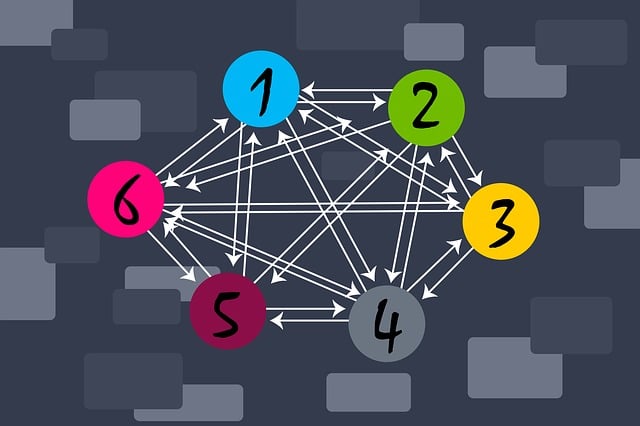WELCOME TO THE SUSTAIN-COMP WEBSITE
Here you will find the new curriculum for Sustainable Competences in Higher Education, that has been developed by the partners in the Erasmus+ SustainComp project.
The project’s aim is to bridge the gap between sector-divided, discipline-embedded national curricula in education and addresses the current need for competence-based, integrated, interdisciplinary, and transformative Higher Education.
The 10 ECTS curriculum has been developed in a flexible format, is available as open access and in English.
How to Teach Sustainability in Higher Education is an advanced-level program designed for educators who wish to incorporate sustainability principles and practices into their teaching methods.
PROJECT
Objectives
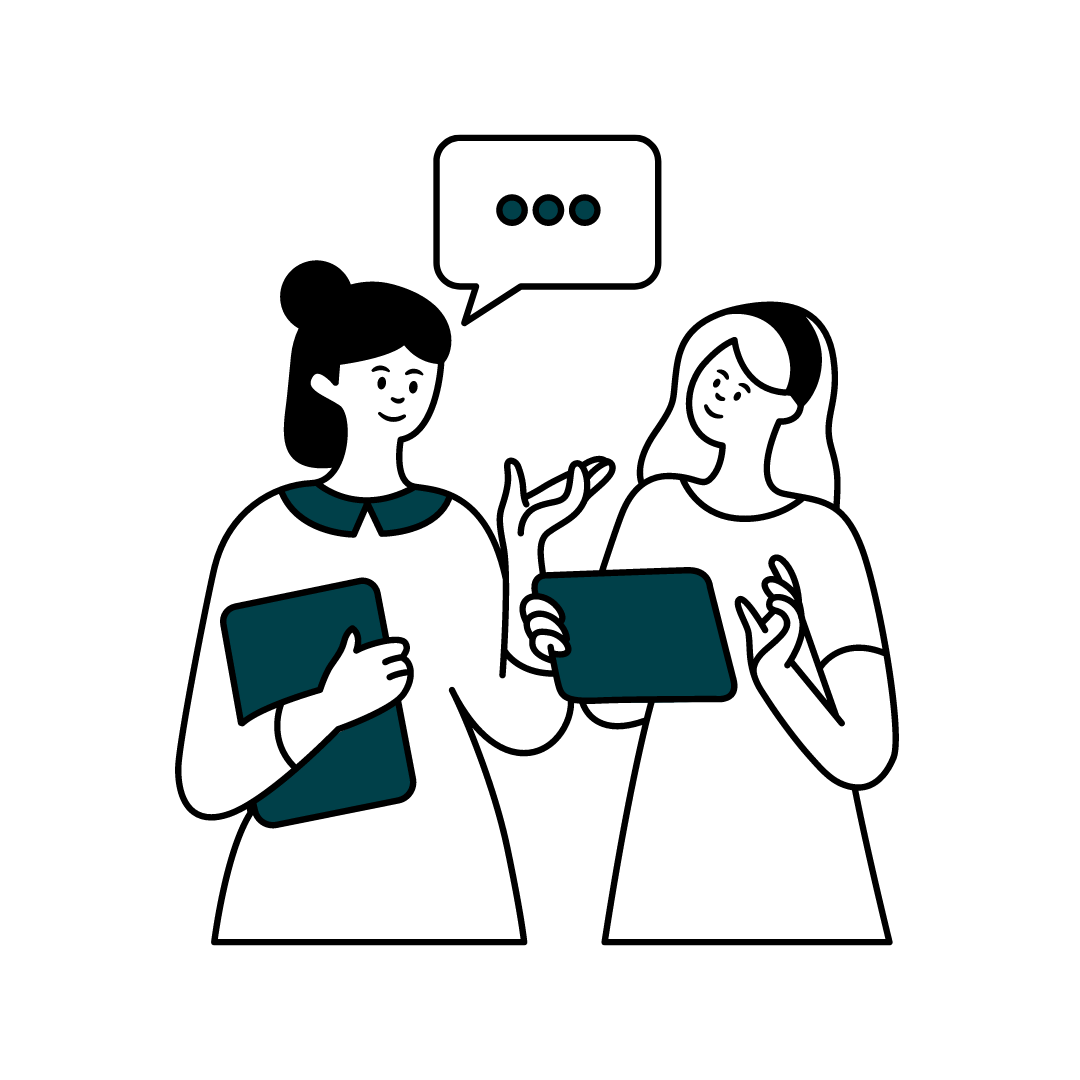
Bridging the gap
To bridge the gap between sector-divided, discipline-embedded national curricula in higher education.
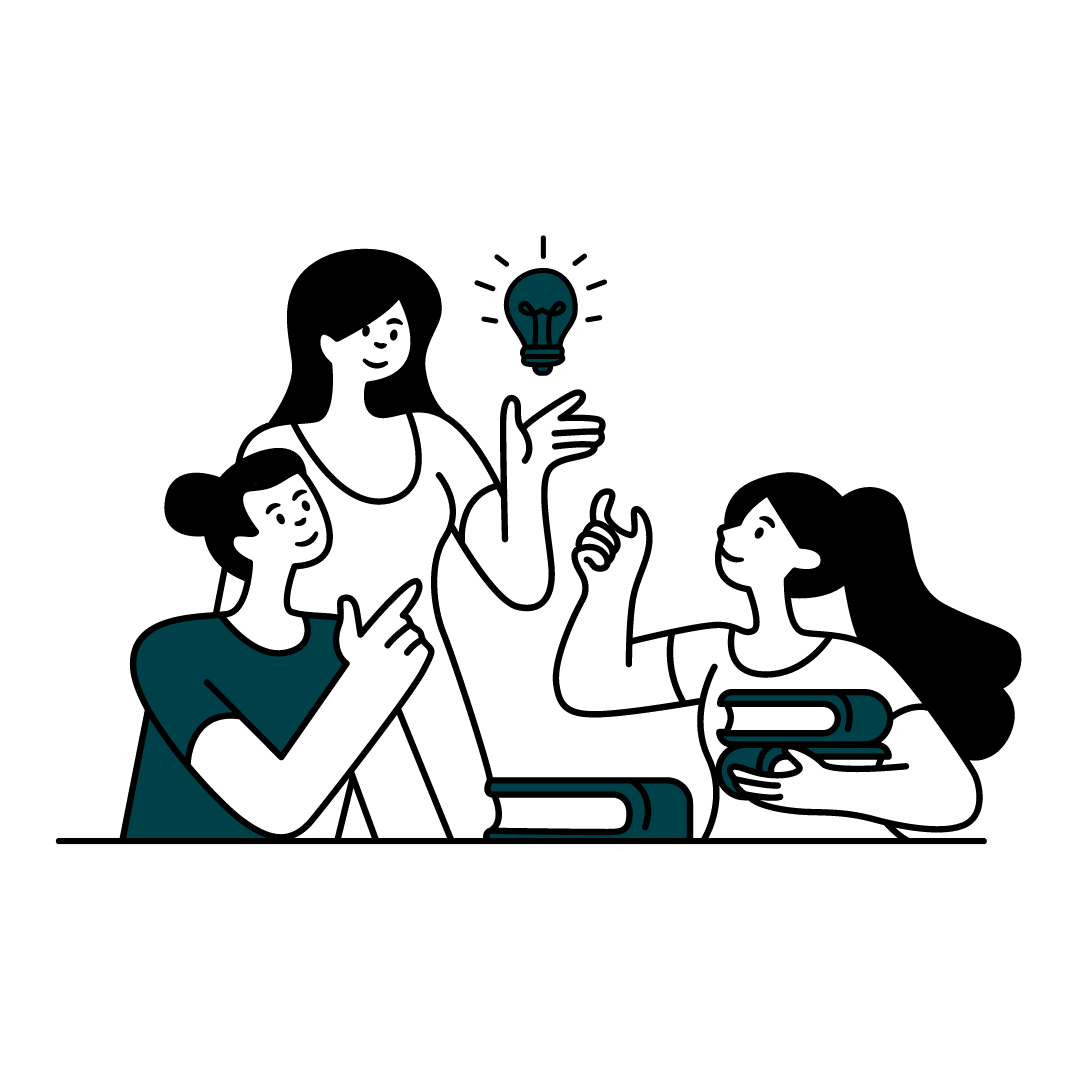
Addressing current needs
To address the current need for competence-based, integrated, interdisciplinary, and transformative Higher Education.

Student participation
To facilitate, that students can participate in the developed courses as an attractive supplement and added value to their respective educations.
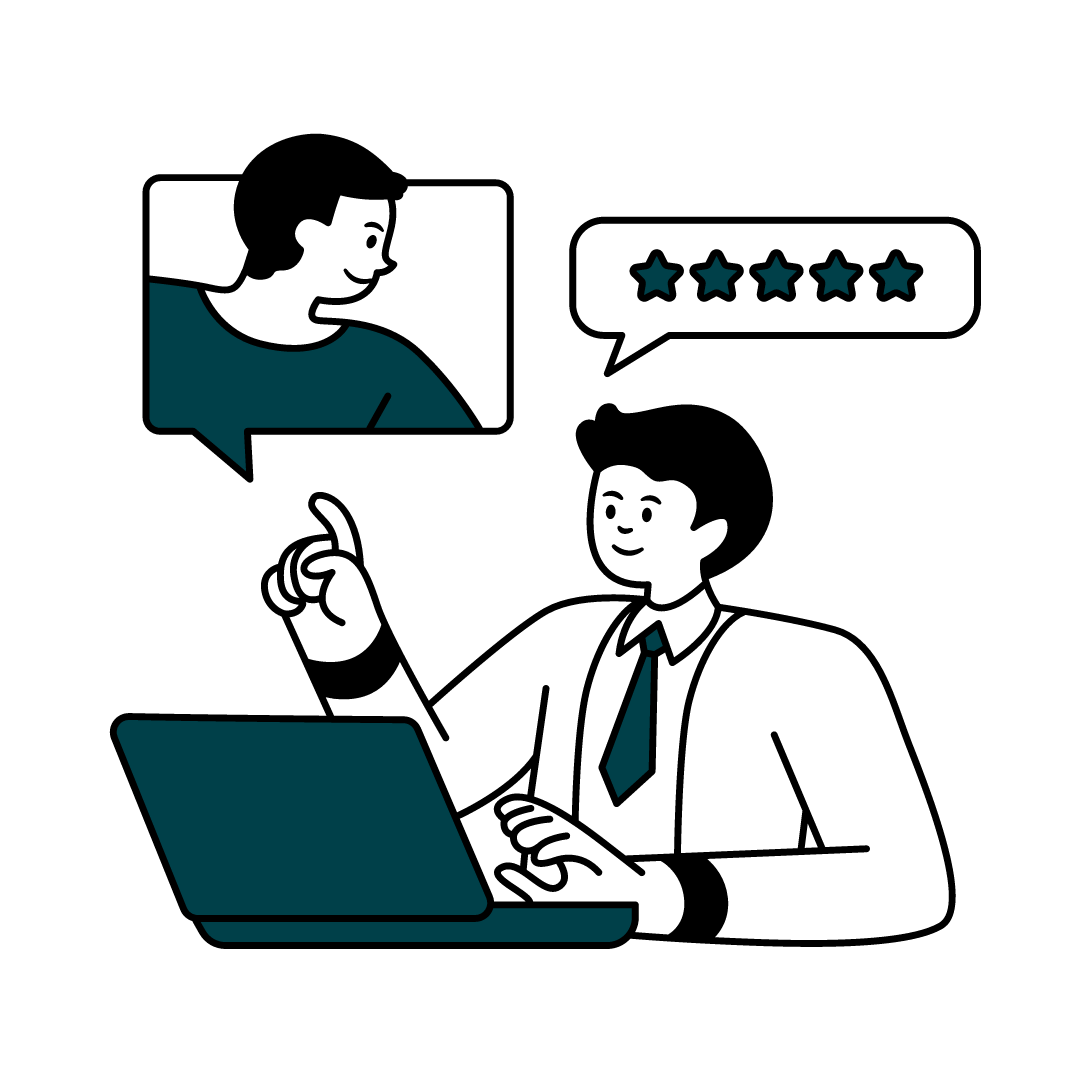
Profesional development
To facilitate, that HEI teachers can participate in the developed SustainComp ‘learning, teaching, training’ activity, as a supplement and added value to their respective academic educational backgrounds.

Open Educational Resources
To ensure that the developed materials, courses, reports become available to all interested via open access on the developed ‘teacher support system website’.
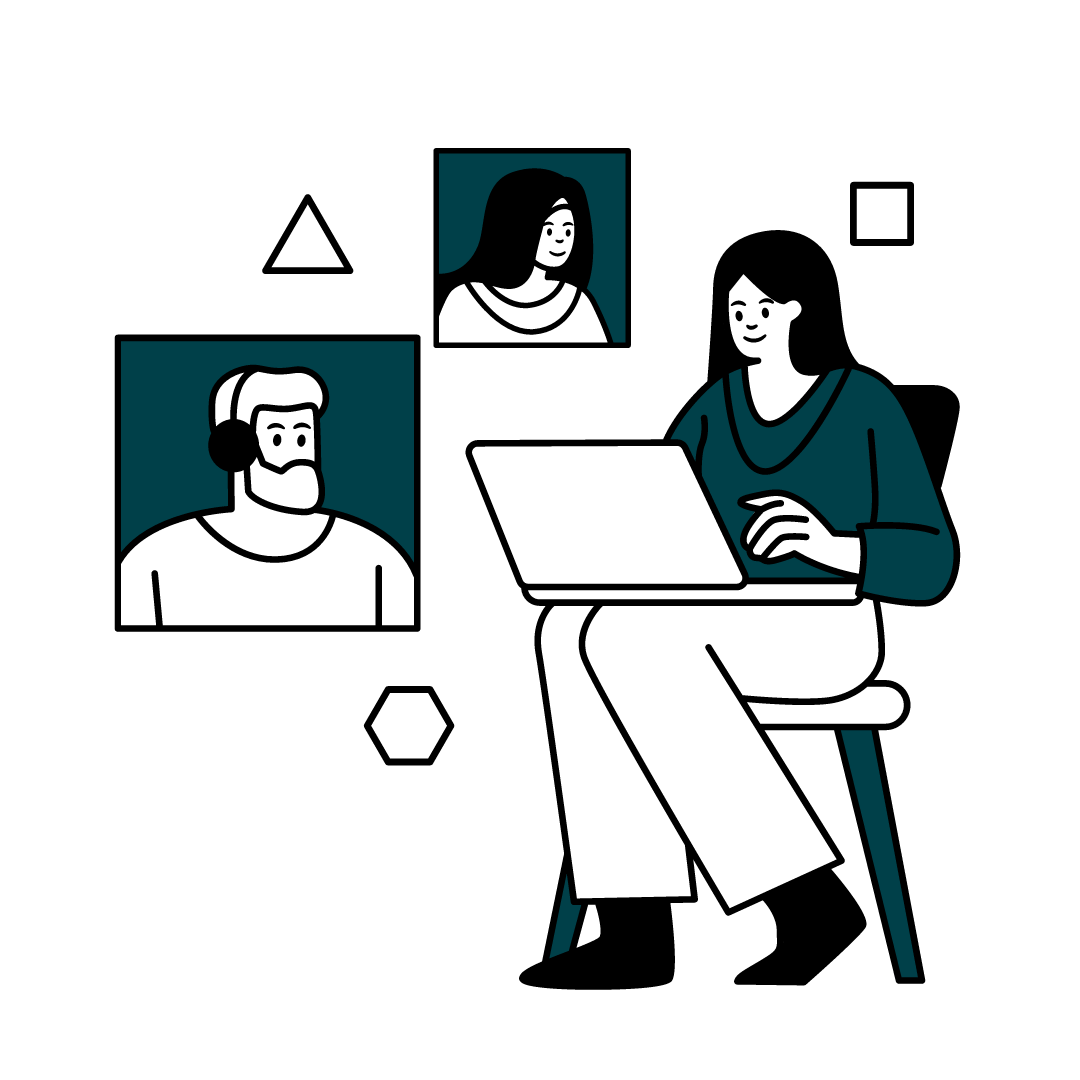
Collaboration
To facilitate the development of online and onsite collaboration among students and teachers via support systems website.
SUSTAINABILITY
Our Modules
SUSTAINABLE DIET
a mix of asynchronous and synchronous online teaching
This submodule gives an introduction to sustainable diets and how these diets contribute to reaching UNs sustainable development goals (SDG) globally and locally. Sustainable diets have low environmental impacts which contribute to food and nutrition security and to healthy life for present and future generations. Students will gain basic knowledge on the environmental impact of different food groups, and how to assess the environmental impact of food, e.g. where in the food chain the emissions are the greatest. Further, the students will be introduced to food waste and its economic and environmental consequences, and they will gain knowledge on how to reduce food waste. The students will learn about the importance of food environment, affecting people’s food choices, and will be able to evaluate the sustainability of the food offered in the campus canteen.
HEALTH AND SUSTAINABILITY
a mix of asynchronous and synchronous online teaching
The E-module: Health and Sustainability is a beginner-level online course that explores the intersection of health and sustainability. This self-paced module provides an introduction to the concepts of sustainable living, environmental health, and their impact on personal well-being. Through interactive multimedia content and practical exercises, participants will gain knowledge and skills to make sustainable choices that promote both individual and planetary health. This module is designed to empower learners to take meaningful actions towards creating a healthier and more sustainable future.
RESOURCES, INEQUALITY AND SUSTAINABILITY
a mix of asynchronous and synchronous online teaching
This submodule gives an introduction to resources, inequality and sustainability in relation to the challenges of sand extraction. By integrating theoretical perspectives with socio-scientific-issues and project-oriented teaching, the course aims to foster a comprehensive understanding of the interconnections between resources, inequality, and sustainability – thus contributing to raising awareness on the UN Sustainable Development Goals (SDG). Through a multidisciplinary approach, with combining ‘Natural science’, ‘English’ and ‘Intercultural competence’, students will gain basic knowledge and enhanced understanding of the complexity and the challenges related to the use of sand. Furthermore, students will critically examine how sand extraction has an impact locally, nationally and globally and how the growing demand for extraction is currently posing a threat. The students will be introduced to 21st Century skills, intercultural competences, Bildung, socio scientific issues and basic geology related to resources on earth.
SUSTAINABLE CONSUMER BEHAVIOUR
a mix of asynchronous and synchronous online teaching
In this module, students learn how their behaviors and attitudes can affect the environment and the achievement of the Sustainable Development Goals. The key to developing sustainable habits is for individuals to first become aware of their bad habits and try to change them. But this is a big challenge because people need a lot of time to try to change their daily habits. With education, consumers can develop and form sustainable habits. Students in this module explore the effects of irresponsible purchasing of textile products and how to deal with them when it becomes waste. They also explore how individual households can help reduce water and electricity consumption. The basic goal of consumer education is to change their behavior towards the environment and natural resources and create a sustainable society.
ACTUAL
Materials
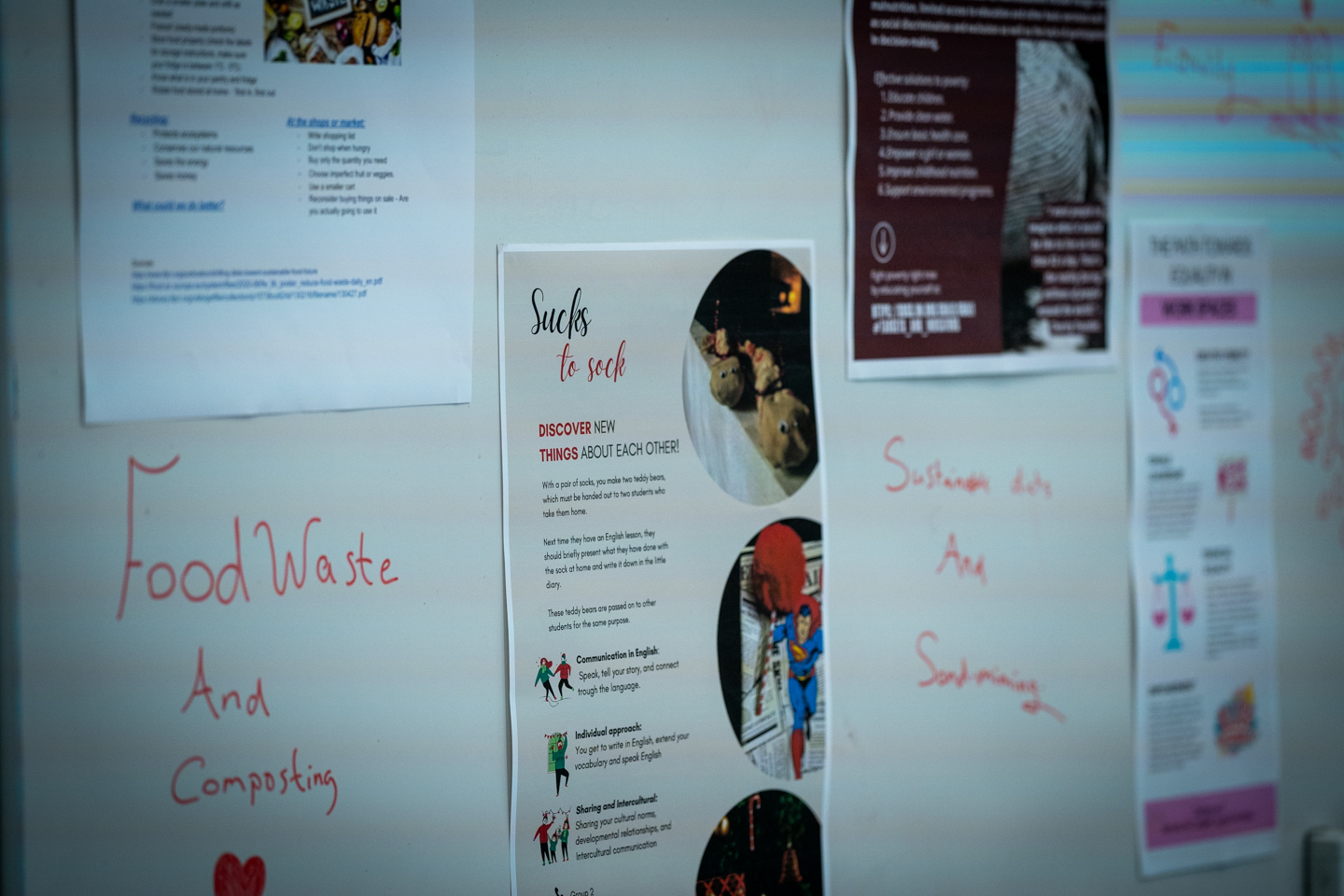
STUDENTS PRODUCTS
Here you can see examples of student products from the development phase, where the SustainComp curriculum was developed and tested in the partner Higher Education Institutions.

E-NEWS
